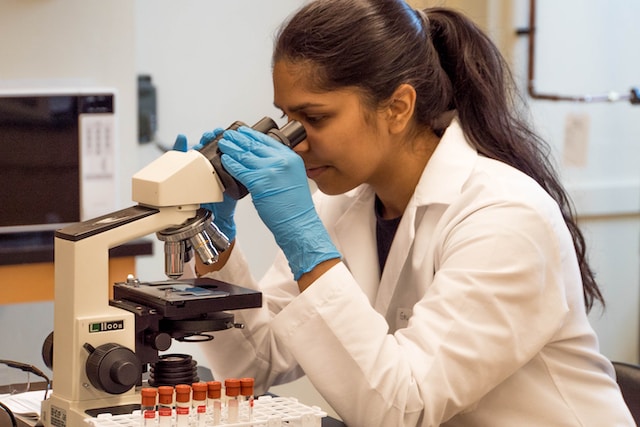If you’re a scientist, you already know how important it is to keep the various elements of your job organized. With so many experiments to organize, data to review, and other tasks that come with being successful in the scientific field, sometimes there can even be side chores that scientists must think about. And while these small tasks don’t usually make headlines or require backbreaking hours of work like some of the bigger projects do, they are just as crucial. If you want to optimize your performance and efficiency as a researcher and a scientist, then read on — we’ll discuss 6 vital side chores every scientist should focus on!
Improve the life science procurement process
The process of procuring products and equipment for life sciences research might result in a time-consuming task. With so many variables to consider, the procurement process can often feel overwhelming. However, there are ways to improve the life sciences procurement process and make it more efficient. The best approach is to develop a comprehensive plan that considers all of the necessary factors, such as cost, quality, and availability.
Additionally, leveraging technology and automation tools can streamline the procurement process and reduce the likelihood of errors or delays. Ultimately, improving this process can help researchers work more efficiently and effectively, leading to more groundbreaking discoveries and advancements in the field.
Networking with peers and professionals
In the ever-evolving world of research, networking with peers and professionals has become paramount for every scientist to stay at the forefront. Building strong relationships with others in the same line of work provides an opportunity to share knowledge, ideas, and experiences. Connecting with professionals can also open doors to collaborative projects, career advancement, and access to valuable resources.
Networking can also serve as a platform for building professional relationships, which can ultimately lead to translating research findings into real-world applications and solutions. As a scientist, connecting with others in the field can bring immense benefits to your research and career development journey.
Reading up on new technologies and trends
Technological advancements are constantly changing the possibilities and limitations of research. To stay ahead of the curve, scientists must continuously read up on new technologies and trends emerging in their field. This constant learning improves research methods, data collection techniques, and analysis processes.
By staying updated with the latest technology trends, scientists can also explore new opportunities for research and potential collaborations. Not to mention, it allows researchers to adapt and evolve their skills, making them more competitive in the job market.
Attending conferences and seminars
Attending conferences and seminars can be a valuable resource for educators looking to stay current on the latest trends and advances in their fields. This is particularly true for scientists, who need to keep up with rapid changes in technology and research methods.
When you attend these events, scientists are able to connect with other professionals, participate in panel discussions and lectures, and even present their own research findings to a wider audience. These conferences and seminars often provide opportunities for continued education and training, enabling scientists to develop new skills and knowledge that can advance their careers.
Meeting with supervisors
As a researcher, there are few things quite as important as keeping your supervisors up to date on your progress. It’s not just about accountability (though that’s certainly a factor), it’s also about collaboration and ensuring that you’re on the right track.
Scheduling a meeting with your supervisors to discuss your research progress is an opportunity you don’t want to waste. Think of it as a chance to showcase all the hard work you’ve been doing and to get valuable feedback and direction from the people who know the field and your project best.
Writing grant proposals and securing funding
Research projects require significant resources, and without adequate funding, progress can come to a halt. As such, it’s essential for scientists to have grant-writing skills and be able to secure funding from various sources.
Writing successful grant proposals requires time, effort, and attention to detail. Scientists must be able to clearly communicate their research goals, methods, and expected outcomes in a compelling manner. They must be able to demonstrate the potential impact of their research on society, which is often a key consideration for grant funding agencies.
These side chores may seem small compared to the larger tasks at hand, but they are just as crucial for the success of a scientist. By effectively managing these responsibilities, scientists can optimize their performance and make significant contributions to the field of science. Don’t forget to prioritize these side chores along with your research projects — they may just be the key to your success!


